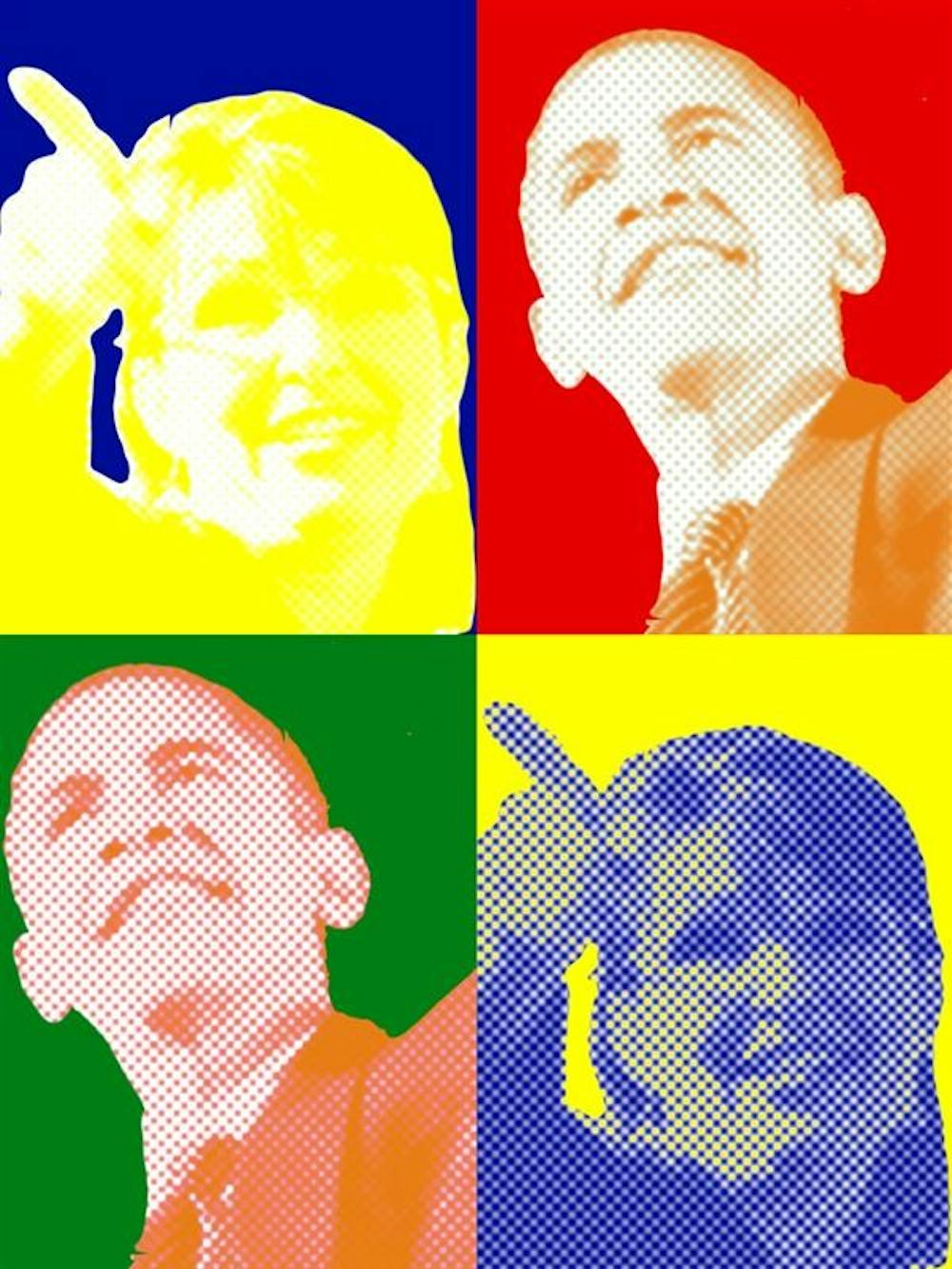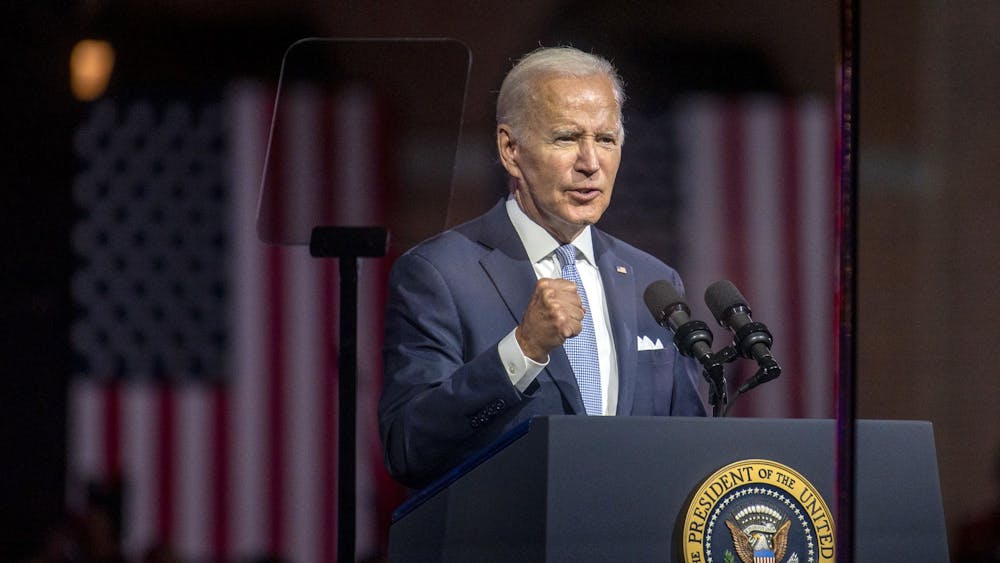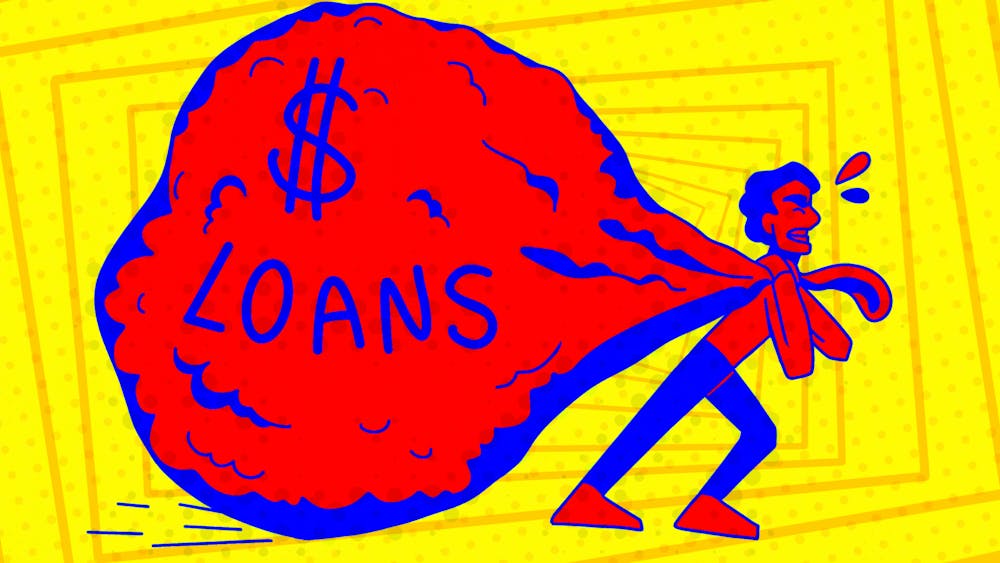Rock star. War hero. Small town beauty queen.
Through YouTube, Facebook and “Saturday Night Live,” pop culture stereotypes of Sens. Barack Obama and John McCain and Gov. Sarah Palin are permeating this year’s election.
Political science professor Edward G. Carmines said the rapid spread of the Internet since the 2004 election and the simplification of the candidates have been felt more strongly by teens and young adults than any other demographic.
“Young people are now more likely to watch the candidates on popular culture than they are in terms of the mainstream media,” Carmines said. “I think they’ve had a big impact generally, but the impact’s been especially pronounced among young people.”
Associate Communication and Culture Professor Jonathan Simons said politicians are no longer solely policy makers, but also personalities as fascinating to the American public as those of any movie star.
“The kind of popularity that some of the candidates are going for is very similar to the popularity that there is for celebrities,” Simons said. “Some scholars of politics and political culture have been commenting recently that candidates have to be political celebrities, but that doesn’t take someone all the way.”
Simons said Obama’s youth and diverse background attract more attention than McCain or Sen. Joe Biden, while Palin’s gender and good looks also invite media interest usually reserved for Hollywood starlets.
“You don’t have many gray suits who kind of come across as celebrities,” Simons said. “That’s not the way that kind of popularity is built.”
Despite the relative novelty of video-based Web sites and social networks, there is a pattern of new technology influencing voters. Department of Telecommunications Associate Professor Julia Fox said the influence of the Internet in this election compares to the impact that TV had originally, such as in the Nixon and Kennedy debates, or the invention of cable television in the early 1990s.
“Kennedy clearly understood the importance of TV, and Nixon didn’t,” Fox said.
She cited President Clinton’s appearance on MTV in “Choose or Lose: Facing the Future with Bill Clinton” as a strategy to gain popularity with youth voters through celebrity.
“Clinton came off very well,” Fox said. “All kinds of those appearances previously would have been considered not presidential – talk shows and MTV. He did all kinds of things. The other candidates had to kind of follow suit. Now you have even more with the Internet. The candidates all have their Web ads as well as their TV ads.”
Even though Palin has been typecast as a folksy airhead by Tina Fey’s parody of the running mate on SNL, Simons said Palin is an icon to some older conservatives.
“We shouldn’t forget, pop culture isn’t just hip hop – it’s also gun culture, hunting culture,” Simons said. “She taps into those. Even older people have popular culture. It’s not the same as the youth popular culture.”
While assistant sociology professor Timothy Bartley called Fey’s Palin impersonations “fascinating,” he also said the show won’t be a factor unless those viewers come to the polls.
“Ultimately, I think the election will be decided by who gets out to vote,” Bartley said. “I’m not sure that those portrayals will have a big impact on people’s positions.”
Celebrity status of candidates might affect votes

Get stories like this in your inbox
Subscribe




